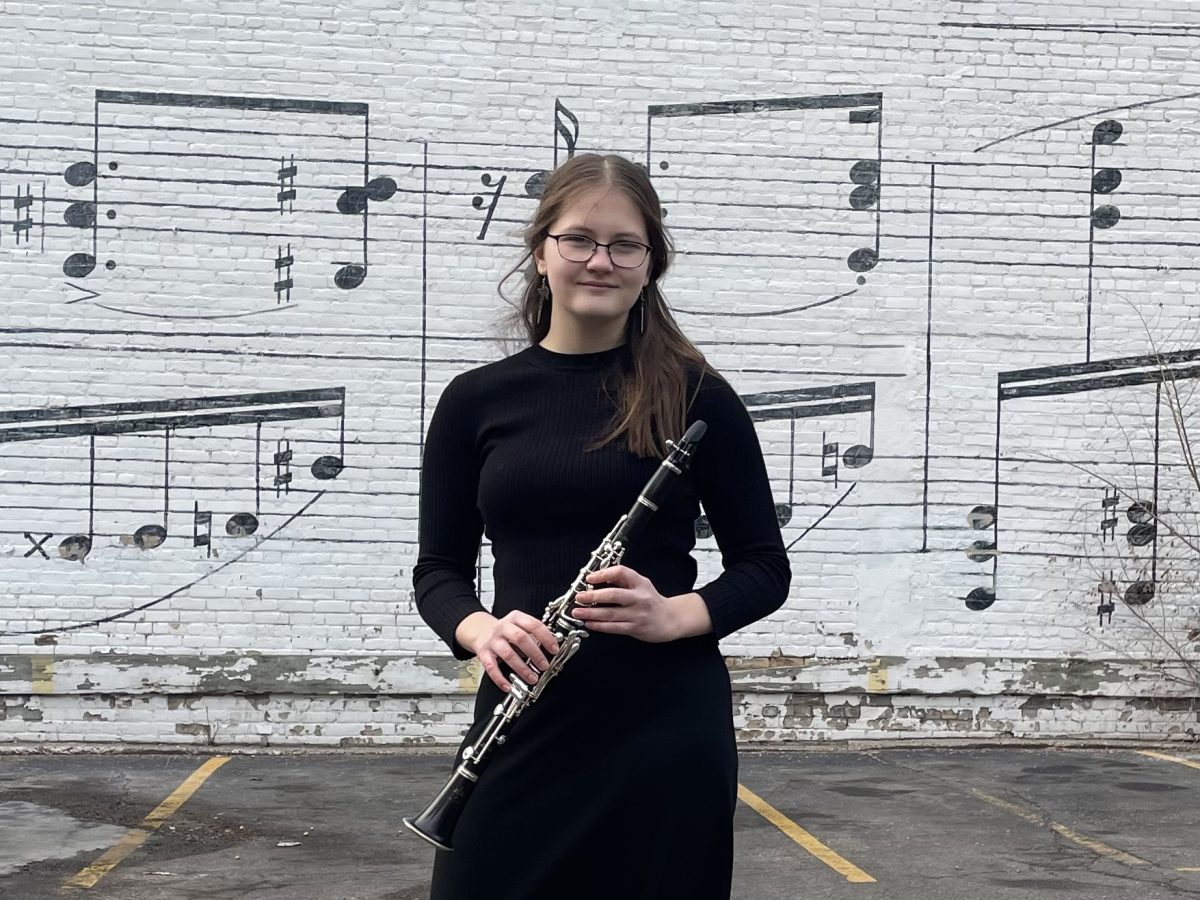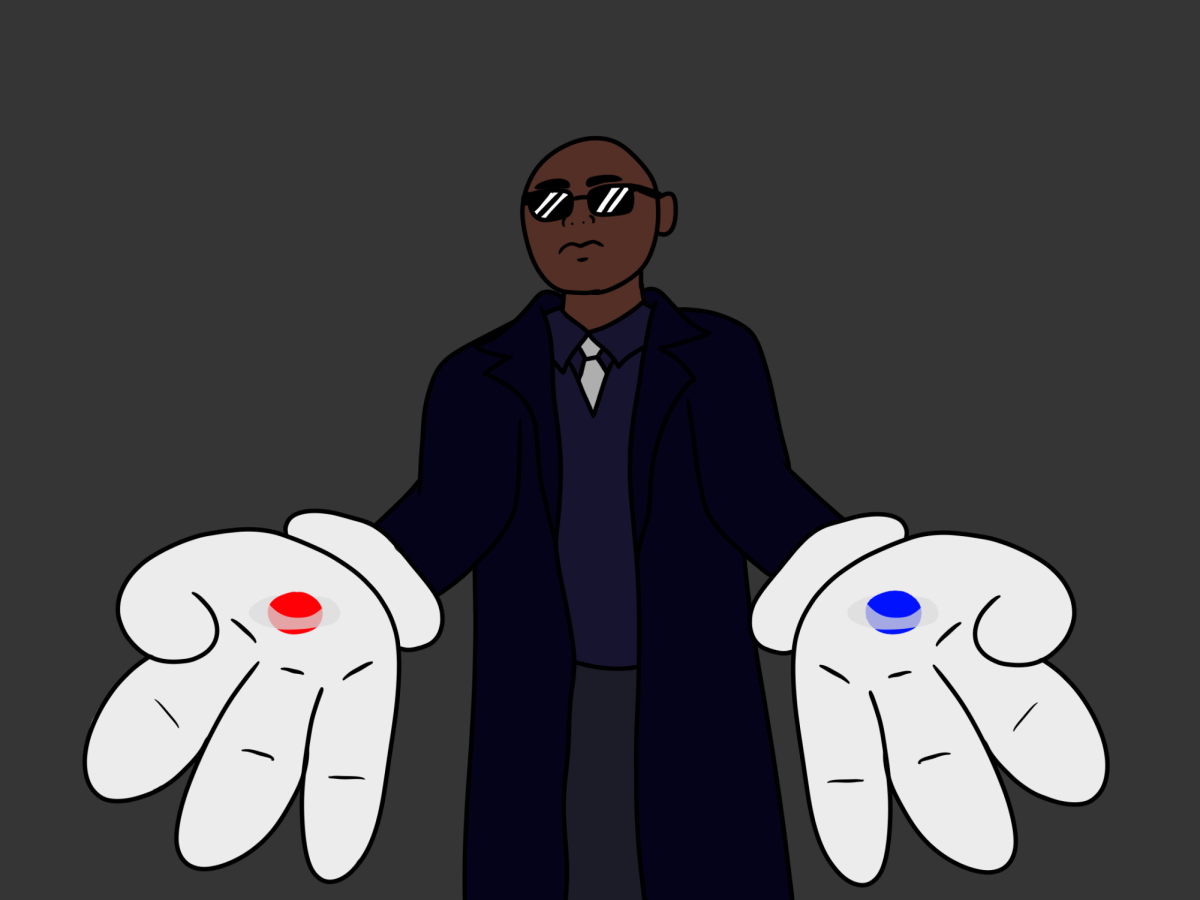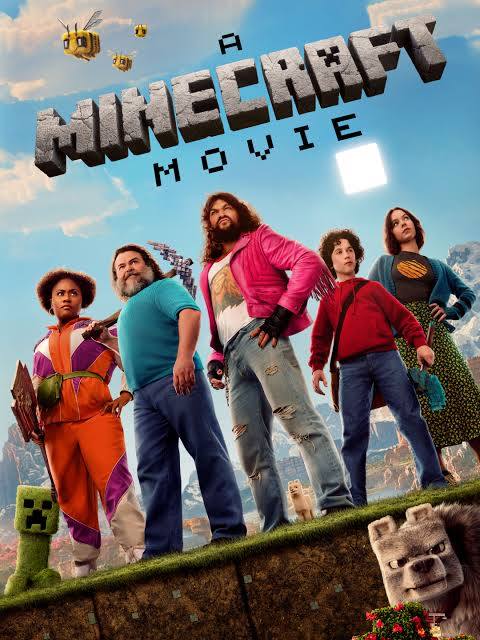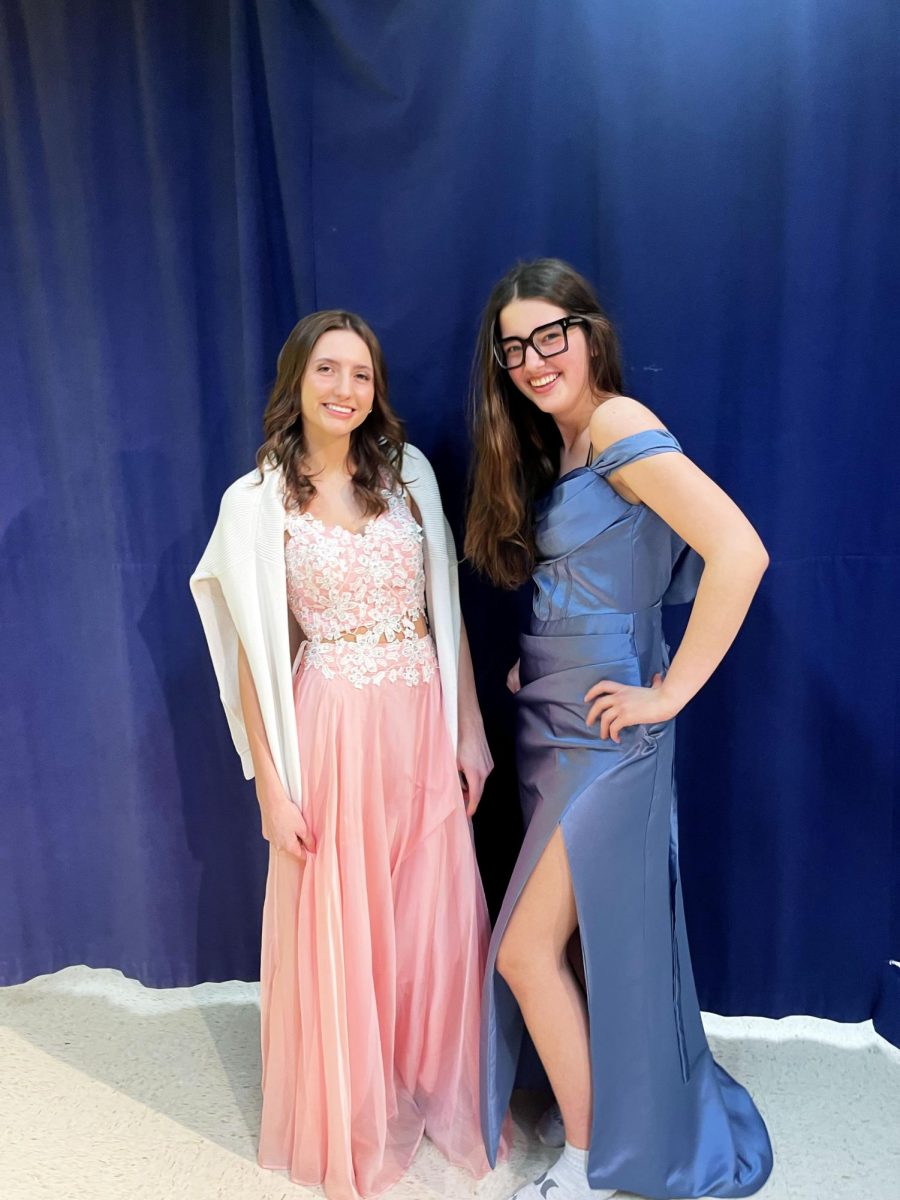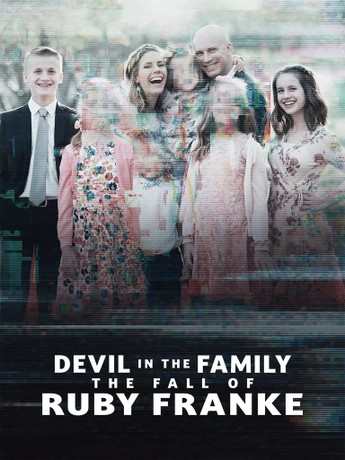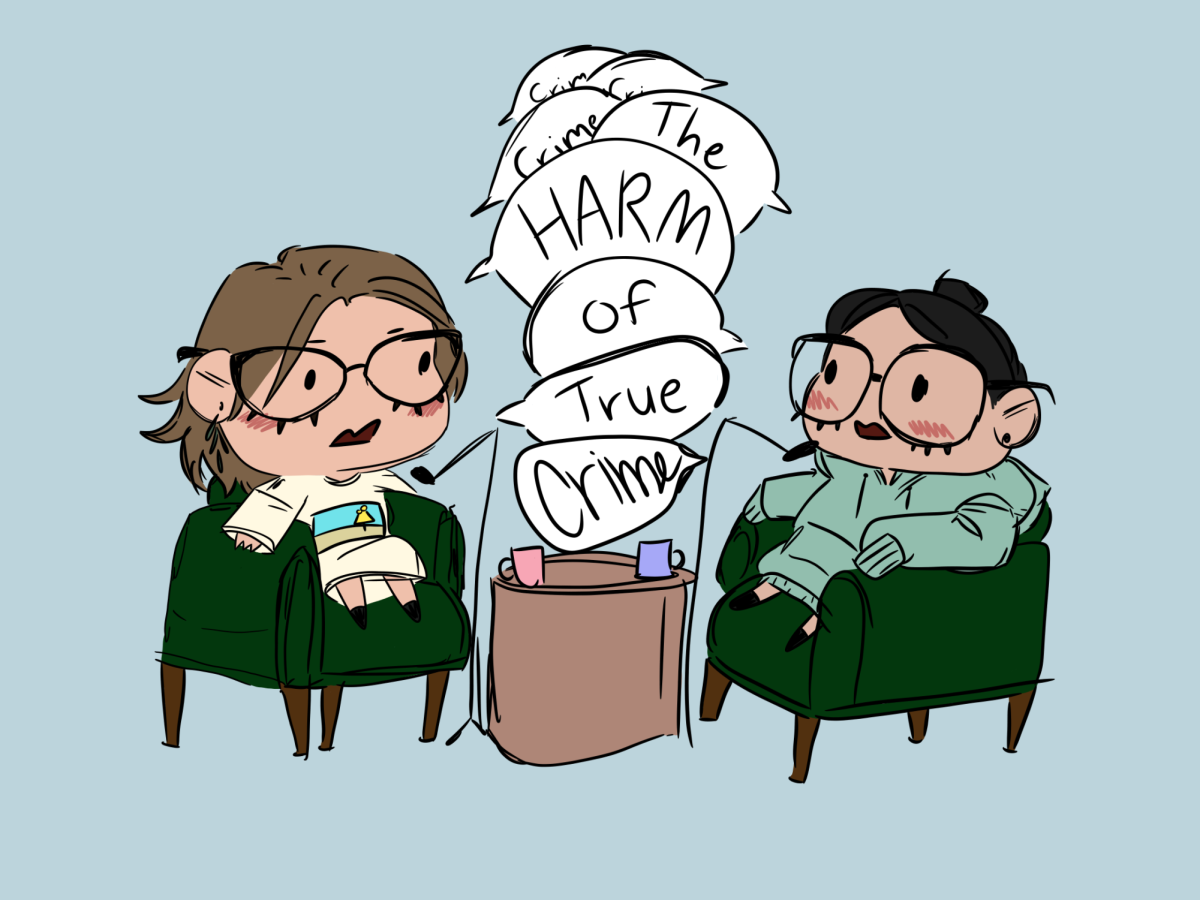True Crime is fascinating, isn’t it?
To see the darker side of who we are. Of who we could be. Of what we could do.
On a daily basis, I find myself glued to podcasts and documentaries that explore the darker side of human nature. I am captivated by the lives of those who survived, wondering who committed these crimes.
The rise of true crime as a genre—spanning podcasts to documentaries—is undeniably entertaining. It shows the darker side of humanity, which is what makes it so fascinating. Unfortunately, I also believe that this kind of entertainment causes more harm than any other genre. It raises questions of ethics, desensitization and our need for justice.
Access to platforms such as Netflix, Hulu and YouTube allows us to freely consume the macabre, all while feeling a rush of adrenaline and acquiring knowledge on heavy topics. As media attention grows, the truth of these crimes becomes a source of fascination, with the continuous remaking of these true stories into shows or movies.
However, there is a problem with the exploitation of real-life tragedies. These events are often used for entertainment, disregarding the emotional well-being of victims and their families. This seems to be a common thread in true crime media, which prioritizes profit and sensationalizes events that affect surviving victims and their families.
Watching true crime brings entertainment, but it also raises the question: Does it feel normal to see such violence for those who are true crime enthusiasts? Studies suggest that true crime does desensitize people to violence and crime.
The genre often contains misinformation—whether it’s misrepresenting victims, sensationalizing the crimes, violating privacy or retraumatizing those affected. With personal biases and a thirst for shocking details, this can lead to fear and hysteria.
True crime also highlights the failures of the justice system, exposing its shortcomings in seeking fairness for victims and their families. Many cases show how the system has failed victims. The genre itself brings attention to these problems and has the potential to advocate for victims’ rights by humanizing victims—exploring their lives and the lasting impacts of their loss—true crime reminds us that these individuals are human beings, not just subjects of fascination. It can serve as a voice and an advocate for those who might not have one.
The public also plays an important role in the true crime community—not just as an audience, but as an active body that shares information. Social media, local news and community networks connect us from all over the world. Through this connection, cold cases gain attention much faster, helping support victims’ families by spreading awareness of their loved ones and providing a sense of support and community. This can be done while respecting the family’s need for privacy during the process.
While I find true crime and the macabre fascinating, I’ve realized I haven’t watched or listened to much of it in recent years. The first true crime story I ever watched was about Ted Bundy on YouTube. I was—and still am—disgusted by his actions. But as I continued to consume this genre, I noticed that I had become numb to the violence, and that scared me. It led me to limit my consumption. As much as I once enjoyed the genre, I never considered its impact on the surviving victims and their families. Nowadays, when I do watch true crime, I think more about the victims, and I continue to gradually limit my former obsession.
There is often a glorification of the criminals and their actions. Even in casual conversation, the offender’s name is frequently mentioned and the gruesome details of their crimes are sensationalized.
The consumption of true crime should be done in moderation. Many documentaries tend to highlight the crimes themselves, glorifying the actions and romanticizing the criminals. The victims, however, suffer horrific pain and trauma as their tragedies are exploited for profit, their privacy violated and their suffering turned into a form of entertainment.
True crime is undeniably fascinating. It reveals the darker side of who we are—or what we could have been, or what we could have done. But it also reveals much about ourselves—our flaws, our fears, and our search for justice. As we consume these stories, we must remember the real lives behind the headlines and the spotlight. We must remember that these are not just stories—they are the lives of real people.

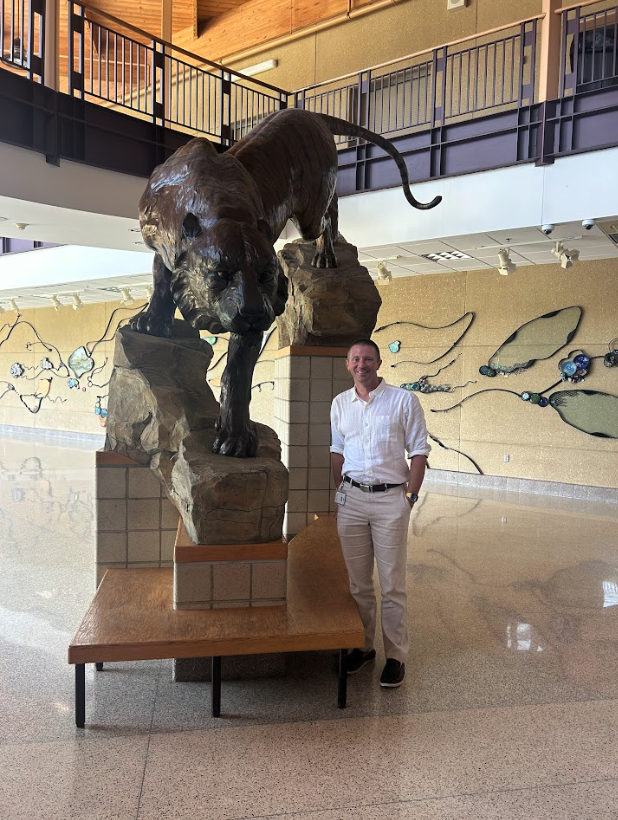

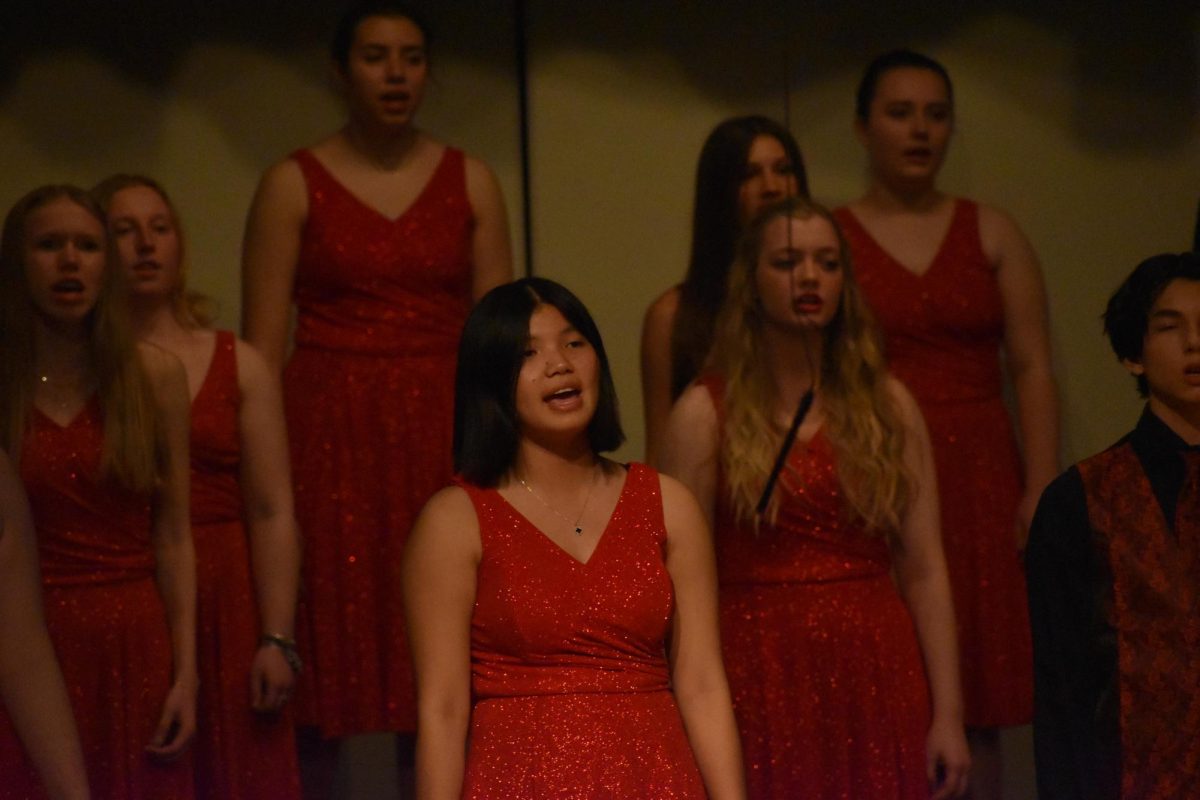
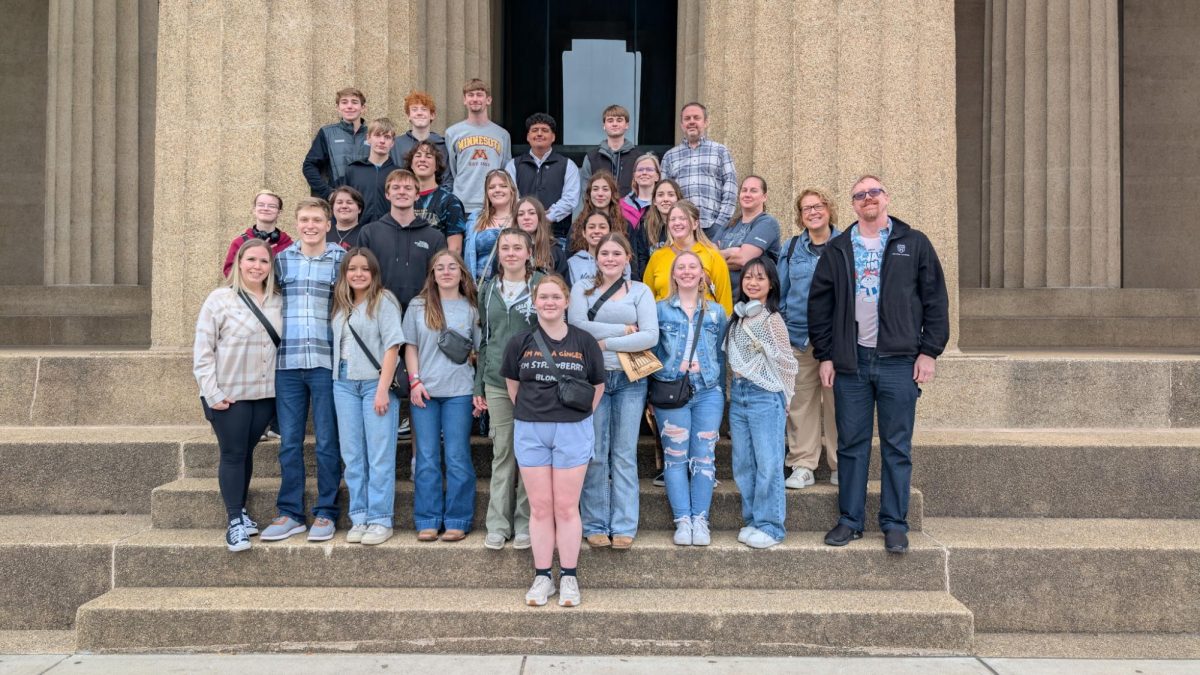

![At the pepfest on Feb. 13 the Winterfest Royalty nominees were introduced. There were two girls and two boys candidates from each grade. Royalty included Prince Axel Calderon (11), Jacob Miller (12), Princess Maya Fuller (11), Brecken Wacholz (10), Ethan Brownlee (9), Lord Given Saw (9), Lilly Elmer (9), Angela Buansombat (10), Queen Jenna Balfe (12), Hanna Austinson (11), Raegan Broskoff (8), Duchess Evalyn Holcomb (10), Jordyn Earl (8), and Lady Leighton Brenegan (9). Not pictured include: King Kaiden Baldwin-Rutherford (12), Piper Aanes (12), Blair Blake (11), Duke Kuol Duol (10), Thoo Kah (8) and Aidric Calderon (8). Student council member and Junior Prince Axel Calderon said, “It [the nomination] means that I’m kind of a student leader. I hopefully show younger kids what it means to be a part of the student council and lead the school.”](https://www.ahlahasa.com/wp-content/uploads/2025/03/front-page-1200x800.jpeg)




